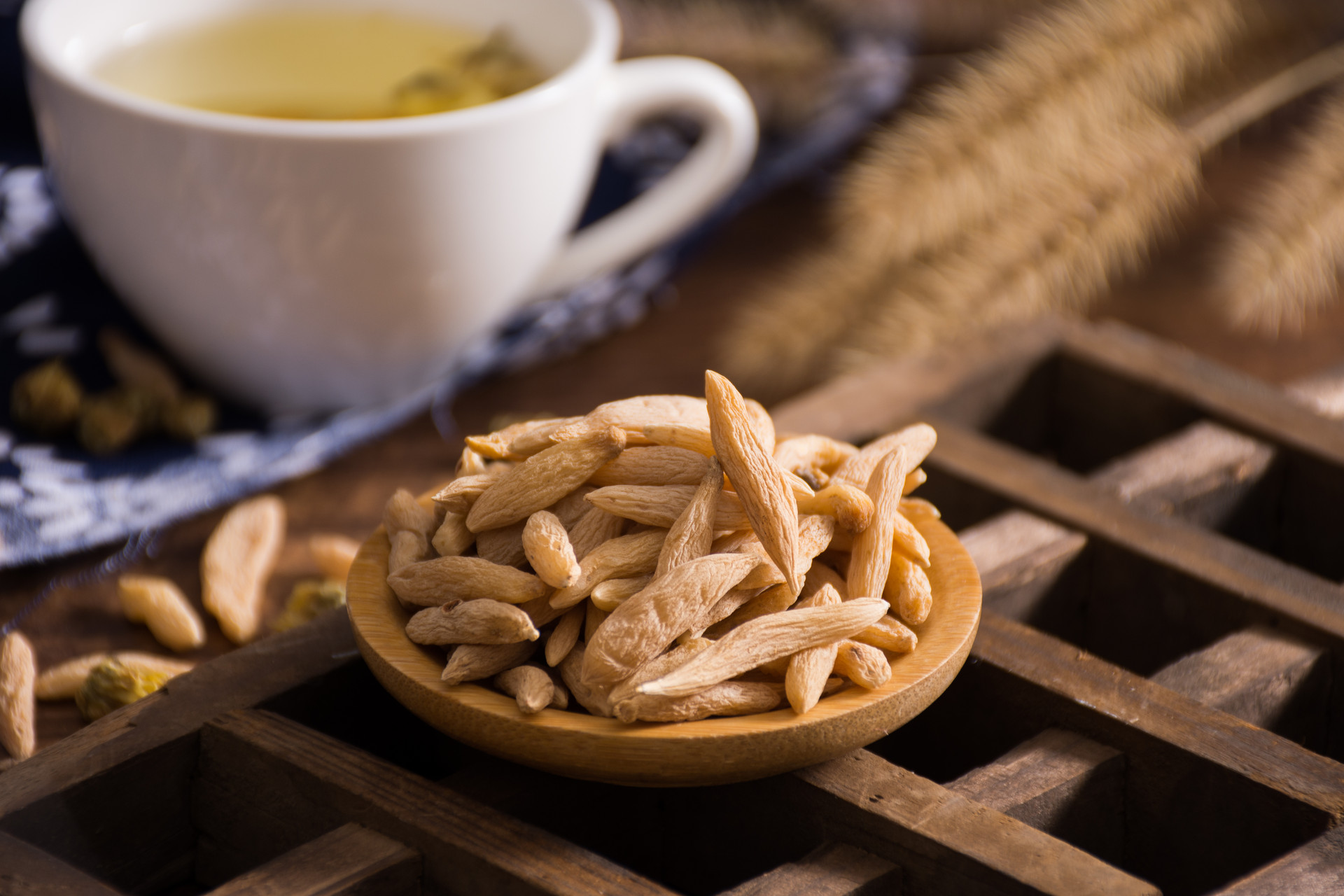Good health is closely tied to diet, as the saying goes, "food is better than medicine." With the scorching summer approaching, what should you eat when you lose your appetite? Let's explore some summer diet tips and food pairings for better health.
The Path to Health Through Diet
1. Whole Grain Foods
Carbohydrates are the main source of energy for the body, and whole grains are rich in carbohydrates. Brown rice and whole wheat bread can be our staple foods.
They contain bran and germ, as well as energy-rich starch. It takes longer for the body to digest whole grains compared to digesting refined carbohydrates like white bread, which helps maintain blood sugar and insulin levels at a reasonable level and reduces hunger, preventing the onset of type II diabetes.
2. Plant Oils
On average, Americans get one-third of their daily calorie intake from fats, so it makes sense to place them at the base of the pyramid. It's important to note that this specifically refers to plant oils, not all types of fats.
Healthy unsaturated fats come from olive, soybean, corn, sunflower, peanut oils, as well as fatty fish like salmon. These healthy fats not only improve cholesterol levels but also effectively prevent potential heart attacks and myocardial infarctions.
3. Vegetables and Fruits
When it comes to health, it's essential to mention vegetables and fruits, as some diseases can be managed without medication. Vegetables and fruits have unexpected effects on certain ailments.
Eating more vegetables and fruits can effectively prevent heart disease and angina, various cancers, lower blood pressure, alleviate conditions like diverticulitis, and prevent and treat cataracts and glaucoma. For people over 65, these eye conditions are the leading causes of age-related blindness.
4. Fish, Poultry, Eggs
These are the main sources of protein. Numerous studies have shown that eating fish can reduce the risk of heart disease. Chicken and turkey have low saturated fat content and are also good sources of protein. Eggs have long been demonized due to their relatively high cholesterol content, but in reality, eggs make for a great breakfast, much better than fried donuts or refined bread.
5. Nuts and Legumes
Apart from some staple foods, nuts and legumes as snacks are also beneficial to our health.
Nuts and legumes are excellent sources of plant protein, dietary fiber, vitamins, and minerals. Legumes include black beans, fava beans, edamame, and other dried beans. Many nuts are rich in healthy fats, such as almonds, walnuts, pecans, peanuts, hazelnuts, and pine nuts, which are directly linked to heart health.
6. Dairy Products and Calcium Substitutes
To prevent osteoporosis, intake of calcium, vitamin D, etc., is necessary, and dairy products are traditionally the main source of calcium for Americans. Apart from milk and cheese, which contain saturated fats, there are other healthy ways to get calcium. For example, three cups of skim milk contain as much saturated fat as thirteen strips of cooked bacon. If you like dairy products, opt for low-fat or fat-free options. If you don't like dairy, calcium substitutes ensure the daily calcium requirements are met.
7. Red Meat and Butter
These foods are placed at the top of the healthy eating pyramid because they contain rich saturated fats. If you eat red meat like beef and lamb every day, try fish or chicken a few times a week to improve your cholesterol levels. Similarly, you can switch from butter to olive oil.
8. Rice, White Bread, Potatoes, Pasta, Desserts
Why are these staples for all Americans placed at the top of the healthy eating pyramid? Because they cause a rapid increase in blood sugar, leading to weight gain, diabetes, heart disease, and other chronic illnesses. Whole grain carbohydrates, on the other hand, stabilize blood sugar levels, at least causing slow growth without exceeding normal levels, enabling the body to handle excess blood sugar.
9. Various Vitamins
Daily intake of various vitamins and minerals is the body's nutritional reserve. Sometimes the food we eat cannot provide all the nutrients the body needs daily, and that's where multivitamins come in handy for even the most cautious eaters. Choose reputable multivitamins.
10. Alcohol
Drinking a small amount of alcohol every day can reduce the risk of heart disease. Moderation is key, as alcohol is a double-edged sword with both harms and benefits. For men, the balance point is one to two drinks a day, and that doesn't mean pints. For women, one drink a day is sufficient.
```











